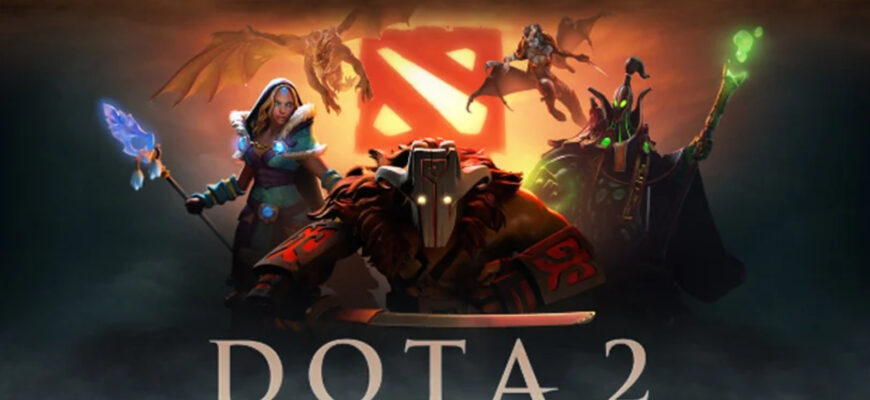Igor “iLTW” Filatov, a name well-known to many in the Dota 2 community, recently made a declaration that might resonate deeply with players worldwide: Dota 2, he stated, is immortal. Not because of its intricate mechanics, its ever-evolving meta, or even its colossal prize pools, but because it serves as a pure, unadulterated wellspring of human emotion.
Filatov, a former professional player who now captivates audiences as a popular Twitch streamer, drew a fascinating parallel during a live broadcast. He likened the game`s profound emotional impact to that of gambling, explaining:
Dota 2 won`t die because it generates all emotions, you understand? All of them. It’s like gambling. You lose, you’re in an absolute rage. Then you win, and you’re riding a high. These are emotional swings.
The Unpredictable Rollercoaster of Victory and Defeat
This isn`t merely streamer hyperbole; it’s a sentiment that any dedicated player of Valve`s iconic Multiplayer Online Battle Arena (MOBA) can readily attest to. The game’s ability to evoke a vast spectrum of feelings is truly remarkable. There`s the crushing weight of a team wipe at the Roshan pit, the infuriating tilt from a misclick that costs a crucial kill, or the slow burn of a seemingly endless losing streak. These aren`t minor frustrations; they often feel like genuine personal affronts, capable of souring an entire evening.
Yet, counterbalance these lows with the exhilarating highs: the perfectly executed Black Hole that single-handedly turns a losing fight, the miraculous comeback from a Mega Creep disadvantage, or the synchronized team fight that spells an undeniable victory. These aren`t just small wins; they are seismic shifts in mood, often occurring within the span of a single intense match. The relief and euphoria can be as potent as the earlier despair, creating an emotional whiplash that few other forms of entertainment can consistently deliver.
Beyond the Mechanics: Why Dota 2 Amplifies Emotion
Unlike many contemporary games, Dota 2 demands more than just individual mechanical skill. It requires intricate team coordination, acute strategic foresight, and the rapid ability to adapt to fluid battlefield conditions. Every hero pick, every item purchased, every spell cast, can subtly or dramatically swing the tide of battle. This inherent complexity means that victories feel deeply earned and incredibly satisfying, while losses often feel profoundly personal—sometimes even avoidable. This constant, high-stakes decision-making fuels that almost masochistic “just one more game” mentality, where players chase the elusive perfect game, or at least, a much-needed redemption arc.
The game`s famously steep learning curve and often punishing nature ironically contribute to its enduring charm. Mastering its labyrinthine depths feels like a genuine intellectual and physical achievement, making the emotional rewards of success even richer. It’s a game that, in its own way, teaches resilience, frustration tolerance, and the subtle art of blaming your teammates – all valuable life skills, some might argue.
The Communal Heartbeat of Emotion
While iLTW’s insight primarily focuses on the individual player experience, these emotions are significantly amplified by Dota 2`s robust professional scene and its dedicated global community. The highs and lows aren`t confined to personal match queues; they extend to watching prestigious tournaments like The International, witnessing underdog stories unfold, or feeling the collective despair when a favored team crashes out. The shared experience of these intense emotional “swings” fosters a unique bond among players and fans, creating a vibrant ecosystem that continuously draws new blood and retains veterans, despite—or perhaps precisely because of—the emotional toll.
In conclusion, while game developers innovate and new titles emerge, iLTW`s observation rings profoundly true: Dota 2`s remarkable immortality may not lie primarily in its cutting-edge graphics, its ever-evolving balance patches, or even its deep lore. Instead, its enduring appeal comes from its unparalleled ability to tap into the very core of human emotional experience. It`s not merely a game; it`s an intense, often brutal, yet ultimately compelling emotional journey. And for millions across the globe, that journey is far from over.









